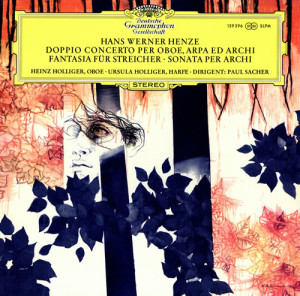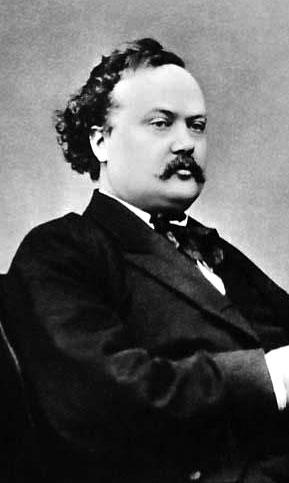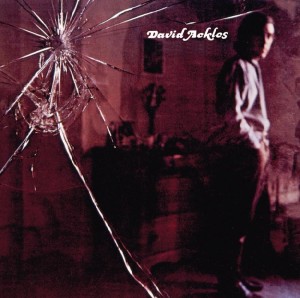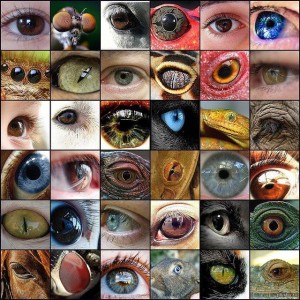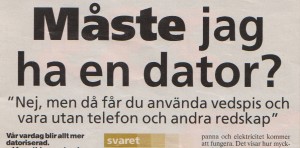Ni vet kanske (inte) att jag recenserar skivor i det eminenta men inte efter förtjänst uppskattade musikmagasinet Opus. Det finns mycket att säga om recensionsyrket, men det tar vi en annan gång. Och kanske på engelska, för det är så jag skriver numera.
Jag vill ändå bjuda den svenskspråkiga publiken på en av min värsta recensioner. Eller bästa, jag vet inte vilket. Den var i alla fall en fröjd att skriva, eller om det ska heta skriva av sig.
Lika mycket fröjd som musiken var en plåga.
Här visar sig en stor fördel med att vara recensent: medan den försvarslösa publiken lider (ibland) av musik kan vi kritiker neutralisera plågan genom att formulera oss om den. Visst är det så, ibland ingår gratis autokatarsis i kritikeryrket.
Gnistan till det här inlägget var sportjournalisten Patrick Ekwalls blogginlägg om hans möte med den (alltför) moderna musiken. Jag är gissningsvis mycket mer van vid den än han, men mår stundtals lika illa.
Här är recensionen:
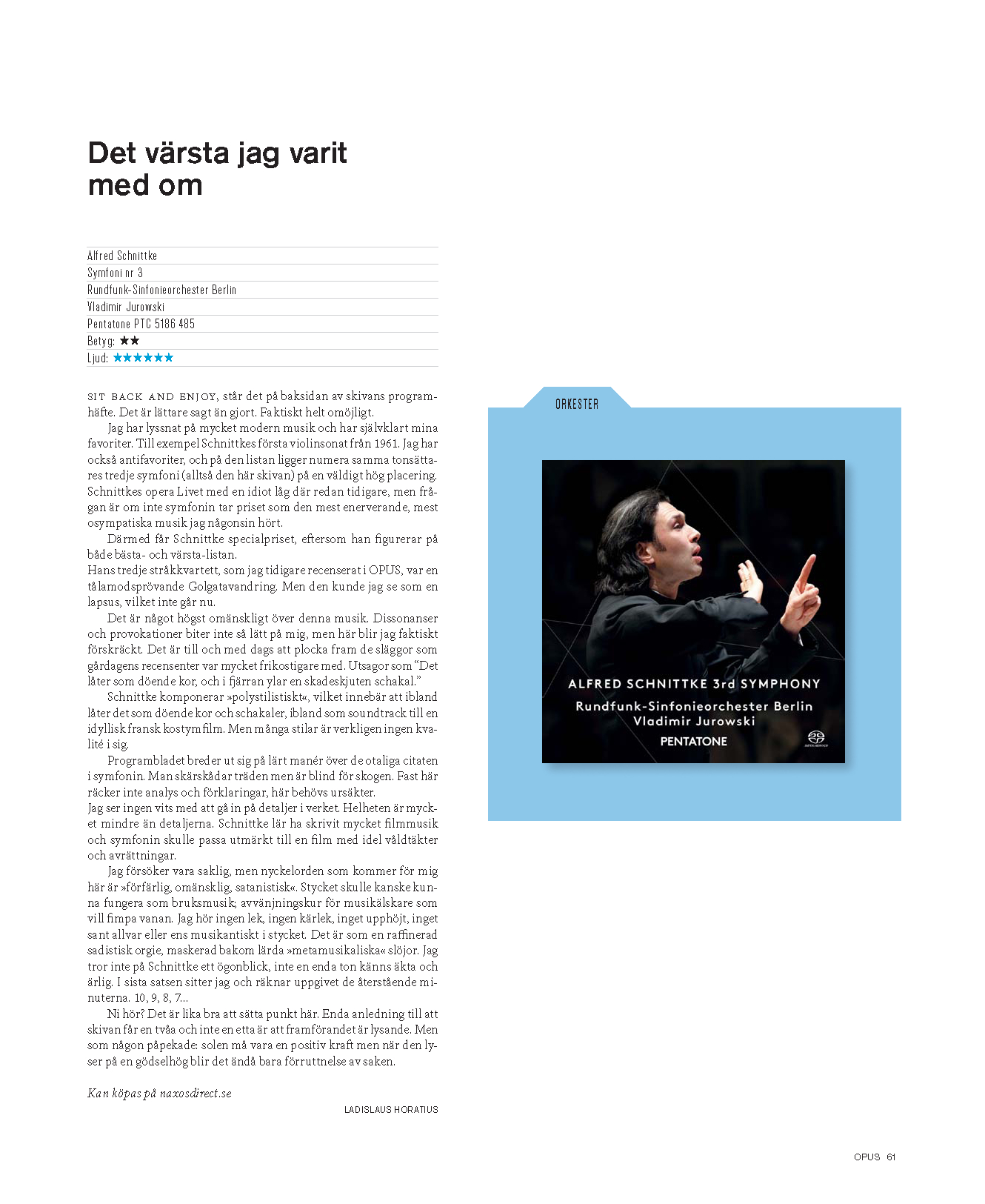
Bilden är möjligen svår att läsa så här följer texten utskriven.
Det värsta jag varit med om
Sit back and enjoy, står det på baksidan av skivans programhäfte. Det är lättare sagt än gjort. Faktiskt helt omöjligt.
Jag har lyssnat på mycket modern musik och har självklart mina favoriter. Till exempel Schnittkes första violinsonat från 1961.
Jag har också antifavoriter, och på den listan ligger numera samma tonsättares tredje symfoni (alltså den här skivan) på en väldigt hög placering. Schnittkes opera “Livet med en idiot” låg där redan tidigare, men frågan är om inte symfonin tar priset som den mest enerverande, mest osympatiska musik jag någonsin hört.
Därmed får Schnittke specialpriset, eftersom han figurerar på både bästa- och värsta-listan.
Hans tredje stråkkvartett, som jag tidigare recenserat i OPUS, var en tålamodsprövande Golgatavandring. Men den kunde jag se som en lapsus, vilket inte går nu.
Det är något högst omänskligt över denna musik. Dissonanser och provokationer biter inte så lätt på mig, men här blir jag faktiskt förskräckt. Det är till och med dags att plocka fram de släggor som gårdagens recensenter var mycket frikostigare med. Utsagor som “Det låter som döende kor, och i fjärran ylar en skadeskjuten schakal.”
Schnittke komponerar “polystilistiskt”, vilket innebär att ibland låter det som döende kor och schakaler, ibland som soundtrack till en idyllisk fransk kostymfilm. Men många stilar är verkligen ingen kvalité i sig.
Programbladet breder ut sig på lärt manér över de otaliga citaten i symfonin. Man skärskådar träden men är blind för skogen. Fast här räcker inte analys och förklaringar, här behövs ursäkter.
Jag ser ingen vits med att gå in på detaljer i verket. Helheten är mycket mindre än detaljerna. Schnittke lär ha skrivit mycket filmmusik och symfonin skulle passa utmärkt till en film med idel våldtäkter och avrättningar.
Jag försöker vara saklig, men nyckelorden som kommer för mig här är “förfärlig, omänsklig, satanistisk”. Stycket skulle kanske kunna fungera som bruksmusik; avvänjningskur för musikälskare som vill fimpa vanan.
Jag hör ingen lek, ingen kärlek, inget upphöjt, inget sant allvar eller ens musikantiskt i stycket. Det är som en raffinerad sadistisk orgie, maskerad bakom lärda “metamusikaliska” slöjor. Jag tror inte på Schnittke ett ögonblick, inte en enda ton känns äkta och ärlig. I sista satsen sitter jag och räknar uppgivet de återstående minuterna. 10, 9, 8, 7…
Ni hör? Det är lika bra att sätta punkt här. Enda anledning till att skivan får en tvåa och inte en etta är att framförandet är lysande. Men som någon påpekade: solen må vara en positiv kraft men när den lyser på en gödselhög blir det ändå bara förruttnelse av saken.

Det här är nu inget frosseri i invektiv., men det känns viktigt att någon gång sätta ner foten ordentligt och faktiskt säga att man, trots sin stora vana vid och stundtals väldigt stora attraktion till modern musik, ibland kan bli illamående av den.
Jag ska också direkt — för de livsviktiga nyansernas skull och för att (suck) man inte återigen ska förväxla mig med en perukstock– tillägga att ett sådant verk som Jörg Vidmanns Mässa för stor orkester, som möjligen hade berört en ovan lyssnare på samma negativa sätt som Lutoslawskis stråkkvartett, gett mig synnerligen stor njutning.
Jag bifogar också den recensionen, denna gång med information om själva skivan.
Jörg Widmann: Elegie
Jörg Widmann, Heinz Holliger, Deutsche Radio Philharmonie
Christoph Poppen dirigent
ECM 2110 476 3309
Betyg: 6 (av 6)
Musik för en öde ö
Jörg Widmann är för mig en ny, och mycket välkommen, bekantskap .
Redan första ackordet på skivan ger mig en intuition om trohet, ärlighet och kvalité. Det som följer bekräftar intrycket. Här finns ingen attraktiv yta, ingen briljans med avsikt att locka fram applådåskor, inga populistiska genvägar utan bara ett stort allvar.
Musiken är riktigt bister — och det är vackert så. Om man mätte den med något slags originalitetslinjal skulle den få lågt betyg. Men originalitet är möjligen en missförstådd storhet. Vi tror den handlar om att avvika från andra. Kanske handlar den om att vara sig själv fullt ut, vilket är högst ovanligt, och originellt.
Mässa för stor orkester är en ordlös odyssé i den sfär som annars brukar sjungas fram. Rösterna har tystnat. Instrumenten återstår. Stämningen återstår.
Den vanliga dödsmässan ersätts av andligt sökande utan kollektiv sorg och lovsång. Hela stycket andas förändrat medvetandetillstånd, börjar och slutar med Bachkoral i en krossad spegel, dessemellan en ödslig, inre road-trip med skärvor av gamelanmusik.
I de mer ”modernistiskt korrekta” Fem bruksstycken för klarinett och piano — med självaste Heinz Holliger vid pianot — möter vi inte bara tonsättaren utan också musikern (och virtuosen) Widmann. Vänta er ingen vanlig bruksmusik. Detta är inget för kommunala musikskolan, snarare en katalog över klanger, stämningar och affekter som blev över när man lagt de vanligaste känslolägena åt sidan.
Verket skulle kunna bli en ytlig pannkaka, en simpel genomgång av effekter. Men Widmanns allvar, och kunnande, lyser igenom. Jag hör ett andligt tilltal.
Elegi för klarinett och orkester (med tonsättaren återigen som solist) rör sig i samma känslosfär off-off-Broadway. Orkestersatsen låter stundtals som elektronmusik och har samma smått metalliska smak. Även här rör vi oss i farvatten bortom de prosaiska Betavågorna, vi skvalpar bort oss till en öde ö.
Dit kan jag tänka mig att ta med denna skiva av Jörg Widmann. Den skulle få ön att framstå som än mer öde.
Och elegisk.
Slut recension. Så här ser förresten en perukstock ut.

Och det här är jag. Hoppas ni ser skillnaden.


